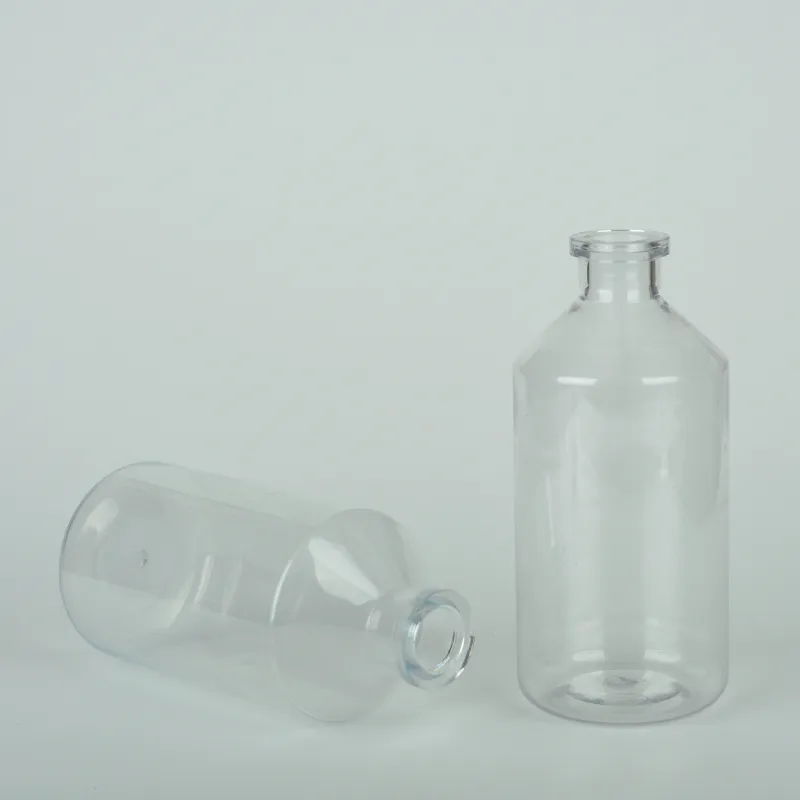plastic centrifuge tubes
The Rise of Plastic Centrifuge Tubes A Versatile Tool in Modern Laboratories
Centrifuge tubes are an essential component in many laboratory settings, playing a crucial role in the separation and analysis of various substances. With the advancement of technology and increasing demands for efficiency and safety, plastic centrifuge tubes have emerged as a popular choice among researchers and technicians. This article explores the benefits, applications, and considerations surrounding plastic centrifuge tubes.
Understanding Centrifuge Tubes
Centrifuge tubes are designed to hold samples during centrifugation, a process that uses centrifugal force to separate components of different densities. Traditionally made from glass, these tubes are now predominantly crafted from plastics such as polypropylene and polycarbonate. This shift to plastic has revolutionized the way laboratories handle samples, offering numerous advantages.
Benefits of Plastic Centrifuge Tubes
1. Durability and Safety Plastic centrifuge tubes are significantly more resistant to breakage compared to their glass counterparts. This durability enhances workplace safety, reducing the risk of injuries from broken glass and minimizing sample contamination.
2. Lightweight and Convenient The lightweight nature of plastic tubes makes them easier to handle, transport, and store. This is particularly beneficial in high-throughput environments where large quantities of samples need to be processed efficiently.
3. Cost-Effectiveness Generally, plastic centrifuge tubes are more affordable than glass tubes. Their lower production costs contribute to overall savings for laboratories, especially when large volumes of tubes are required.
4. Versatility in Applications Plastic tubes are available in various sizes and shapes, making them suitable for a wide array of applications. From clinical laboratories to research institutions, plastic centrifuge tubes are used for sample preparation, DNA and RNA isolation, and more.
5. Chemical Resistance Many plastic tubes exhibit excellent chemical resistance, allowing them to safely hold a range of solvents and biological samples without risk of degradation.
Applications of Plastic Centrifuge Tubes
plastic centrifuge tubes

Plastic centrifuge tubes are used in diverse scientific fields, including biology, chemistry, and environmental science. In molecular biology, for example, they are indispensable for procedures such as PCR (Polymerase Chain Reaction) and gel electrophoresis, where sample purity and integrity are crucial.
In clinical settings, these tubes are employed in blood and urine tests, ensuring that samples can be processed accurately without the threat of contamination. Additionally, environmental labs often utilize plastic centrifuge tubes for water and soil sample analysis, benefitting from their lightweight and chemically inert properties.
Considerations When Choosing Plastic Centrifuge Tubes
While plastic centrifuge tubes offer numerous advantages, there are some considerations to keep in mind. Firstly, it is crucial to assess the compatibility of the tube material with the sample being processed. For instance, certain chemicals or reagents may interact adversely with specific plastics, leading to sample contamination or degradation.
Moreover, the choice between different types of plastics is essential. Polypropylene tubes, for example, are suitable for a wide range of applications due to their chemical resistance and stability during autoclaving. In contrast, polycarbonate tubes are more transparent but can experience deformation under extreme conditions.
Future Trends in Plastic Centrifuge Tubes
As laboratory needs evolve, manufacturers are continually innovating the design and production of plastic centrifuge tubes. Developments aimed at enhancing biocompatibility, increasing temperature resistance, and reducing environmental impact through biodegradable options are on the horizon.
Moreover, advancements in manufacturing techniques are expected to improve the precision and reliability of centrifuge tubes, ensuring that they meet the increasingly demanding standards of modern research and clinical laboratories.
Conclusion
Plastic centrifuge tubes have become a fundamental tool in various scientific fields, offering advantages that cater to the evolving needs of researchers and technicians alike. Their durability, safety, cost-effectiveness, and versatility make them an ideal choice for laboratory applications. As technology progresses, we can expect further innovations that will enhance the functionality and sustainability of plastic centrifuge tubes, solidifying their place in the future of laboratory practices. Ultimately, these small yet significant tools exemplify the strides made in scientific research, contributing to advancements that drive discovery and innovation in many domains.
-
Aesthetic Makeup Spray Bottles | Fine Mist Empty RefillableNewsAug.19,2025
-
White Plastic Veterinary Vaccine Vials | Lab Liquid BottlesNewsAug.18,2025
-
Plastic Medicine Liquid Bottle: Secure Flip Top Drug VialsNewsAug.17,2025
-
Durable 250ml Blue Plastic Vaccine Vial for Lab & Vet UseNewsAug.16,2025
-
Sterile Virus Sample Tubes: Secure & Reliable Specimen CollectionNewsAug.15,2025
-
White 250ml Plastic Vaccine Vial for Lab & Vet MedicineNewsAug.14,2025
























